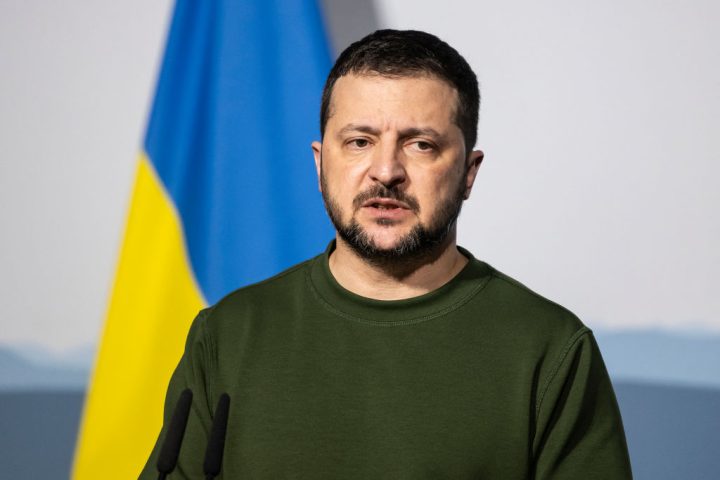Investigative journalism has often been deadly for the careers of corrupt politicians in Ukraine, with stories leading to resignations and even imprisonment. Now, under the conditions of martial law (including the closure of public data services) and limited opportunities for society to control the actions of the authorities, Ukrainian journalists became the main watchdogs over the government.
Already a subscriber? Log in
Subscribe for just $2 a week
Try a month of The Spectator Australia absolutely free and without commitment. Not only that but – if you choose to continue – you’ll pay just $2 a week for your first year.
- Unlimited access to spectator.com.au and app
- The weekly edition on the Spectator Australia app
- Spectator podcasts and newsletters
- Full access to spectator.co.uk
Or




















Comments
Don't miss out
Join the conversation with other Spectator Australia readers. Subscribe to leave a comment.
SUBSCRIBEAlready a subscriber? Log in